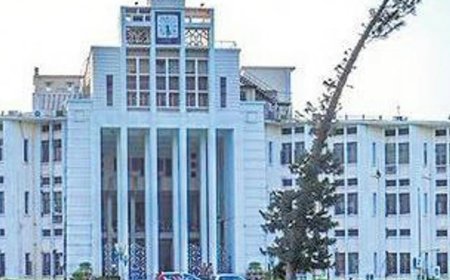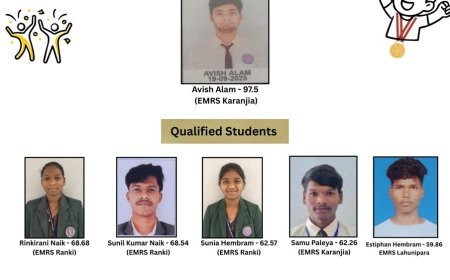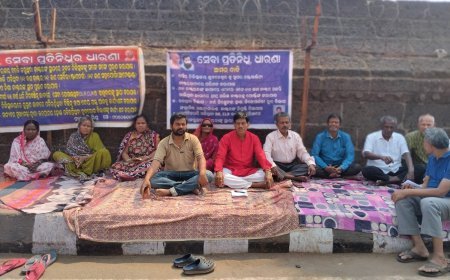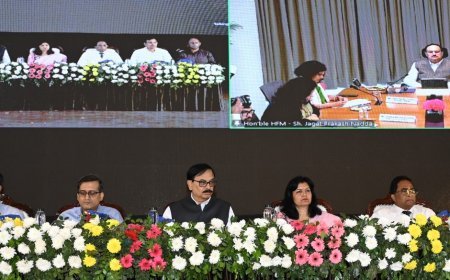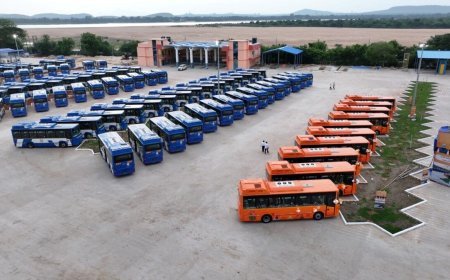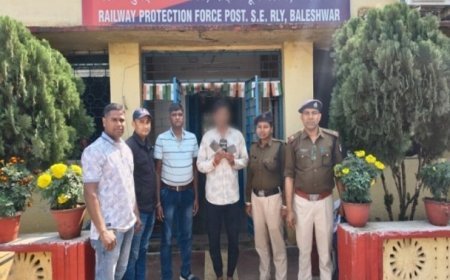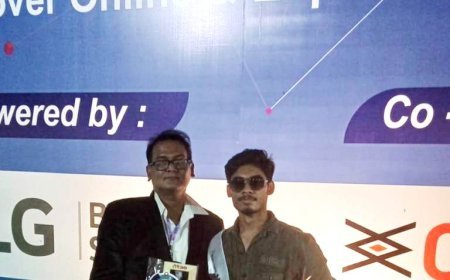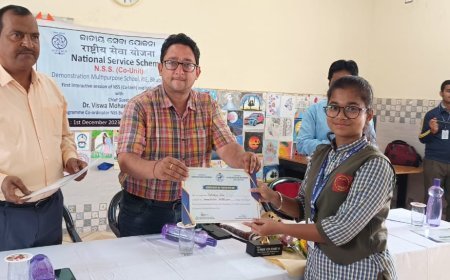ANNUAL BUSINESS RURAL MANAGEMENT CONCLAVE AT XIM UNIVERSITY
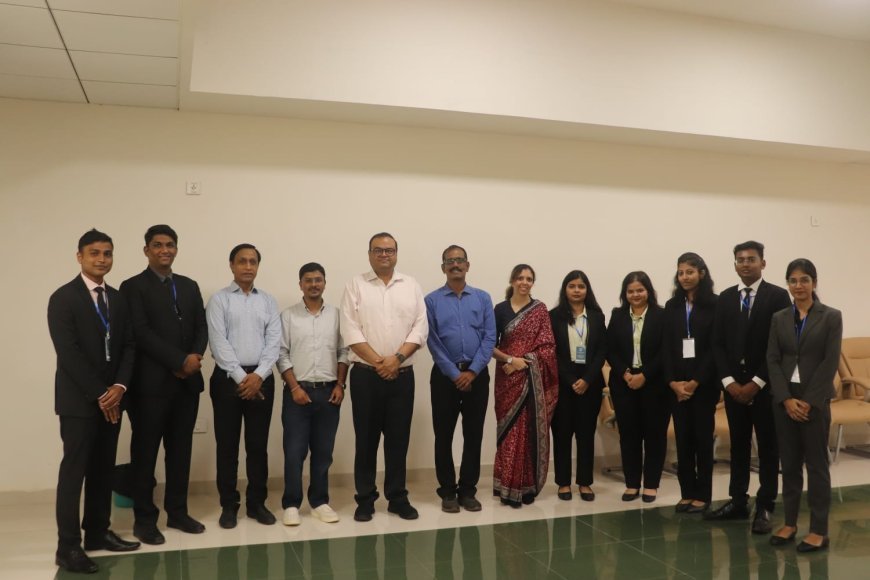
Bhubaneswar(28/09/2023): The School of Rural Management, XIM University (New Campus), Odisha began its annual business rural management conclave, Abhivyakti, on Thursday.
This two-day conclave has been organised by Team RMAX (Rural Managers’ Association of XIM University).
This year, the theme was INCLUSIVE GROWTH FOR RURAL PROSPERITY.
It provides a platform for thought-provoking discussions on pertinent topics as leaders from varied sectors and with expertise in routinely managing unforeseen problems come and brainstorm ideas on how to adapt better to meet the growing demands and changes that lie ahead.
The session initiated with the lighting of the lamp. Welcome note was presented by Prof.Pradeep Kumar Mishra, Faculty of School of Rural Management.
Mishra delivered an insightful discourse on inclusive growth in rural prosperity at ABHIVYAKTI 2023, an event impeccably orchestrated by the team RMAX from the School of Rural Management.
He further highlighted the meaning of Rural and what one can take away from this session. Father Antony Raj S.J, the Father Registrar, extended his heartfelt gratitude to the esteemed faculty members and the RMAX team.
He emphasized the institute's unwavering commitment to catalyzing rural growth and advancing the cause of inclusive development.
Father Raj underscored the paramount significance of the 8th Sustainable Development Goal (SDG), which pivots around sustainable economic growth, gainful employment, and dignified work. Prof.S.S.Singh expressed his gratitude to the diligent RMAX team for their meticulous planning and execution of the event.
Prof.Singh elucidated the historical significance of the Rural Management program within the institution's annals and expounded upon the government of India's overarching vision of achieving growth concomitant with distributive justice, thereby ensuring parity and opportunities for all.
Prof.T.Kumar, the faculty coordinator of Team RMAX, extended his heartfelt congratulations to the RMAX team for conducting the event independently.
Prof.Kumar astutely underscored the interplay between micro and macro-level development.
He cogently expounded upon global economic development, delineating the roles of key entities such as the G7, G20, and BRICS while underscoring the pivotal importance of socioeconomic equity and justice.
The discussions in the first session were carried out on "Evolving customer trends in Agribusiness.” Prof.Balram Bhushan (Faculty of School of Rural Management), the moderator for session 1, discerningly examined prevailing consumer trends, with a pronounced emphasis on the shift towards discerning consumers who seek precise and informative content.
Prof.Bhushan delved into the pivotal roles of transparency and credibility in fostering trust, citing illustrious brands like Kashmiri Saffron and Mysore Sandalwood adorned with Geographical Indication (GI) tags.
Then, he invited speaker one for the speech. Shivendra Gupta, the first speaker the Co-founder of Samocha, delivered a compelling discourse on evolving customer trends shaping the agribusiness landscape, with an ardent focus on sustainability and ethical sourcing.
He provided illustrative examples of companies transitioning away from plastic bags in favor of reusable alternatives and the burgeoning trend of agricultural tourism.
He stressed the burgeoning importance of locally sourced and artisanal products while underscoring the critical elements of customization and personalization in catering to ever-evolving consumer preferences.
Unupom Kaushik, the second speaker and the Senior VP at Olam Agri engaged in a profound discussion elucidating the nuanced nuances embedded within the theme of inclusive growth in rural prosperity.
He rendered a meticulous dissection of the terms inclusive growth, rural prosperity, and property, proffering crystal-clear definitions.
He adroitly explored an array of megatrends exerting their influence on agriculture, encompassing demographic shifts, gender dynamics, climate vagaries, and consumer-driven agricultural production.
After that, there was a Question & Answer round in which students asked their doubts to the speakers.
The theme for the second session was “CSR & ESG: Inclusive Growth within the planetary limits-CSR role in rural prosperity” Our moderator for the second session was Prof.T Kumar (Faculty of School of Rural Management).
He commenced the session by underscoring the importance of interpersonal networks.
He expounded upon the evolution of Corporate Social Responsibility (CSR) and the intricate landscape of Environmental, Social, and Governance (ESG) initiatives.
He further gave references from the book “ Man’s Search for meaning by Viktor frankyl.
He added that the book delves into the profound question of the purpose of life beyond material pursuits like wealth and success.
These ideas resonate with the concept of humans as social beings.
Meher Sidhwa was the first speaker for session 2 and she delved into the intricacies of carbon credits and their associated markets, accentuating the imperative of internal emissions reduction as an integral facet of CSR endeavors.
She chronicled the history of carbon markets, commencing with the Kyoto Protocol 1992, which categorized nations as either developing or developed.
Additionally, she outlined the distinctions between compliance and voluntary markets, favoring the former's robustness.
Rural development projects, like biogas and solar lighting, were highlighted for their role in today's carbon markets. Mangesh Wange, in a compelling narrative of his professional journey, fervently emphasized the principles of inclusivity and gender parity while highlighting the transformative potential embedded within CSR initiatives.








